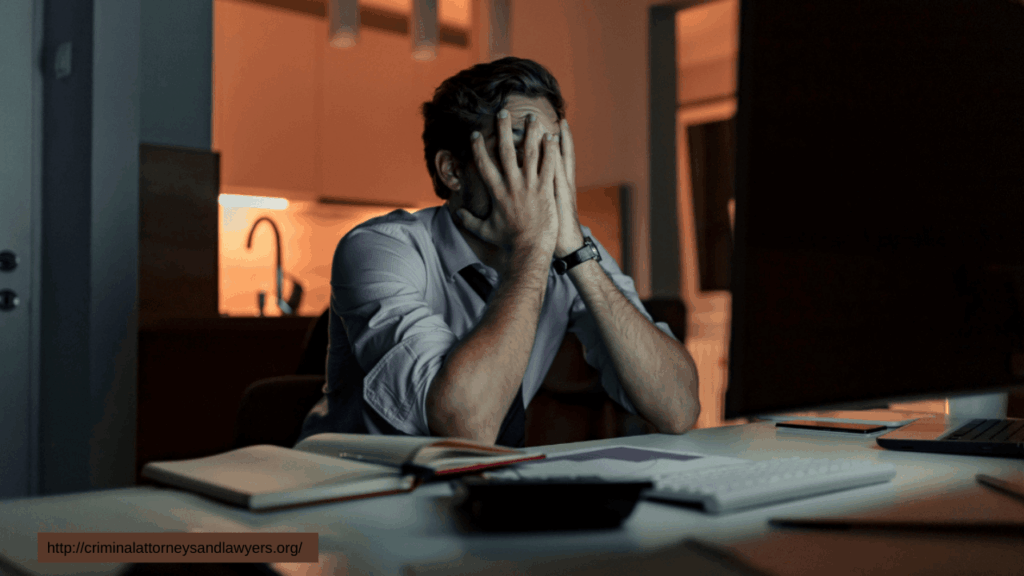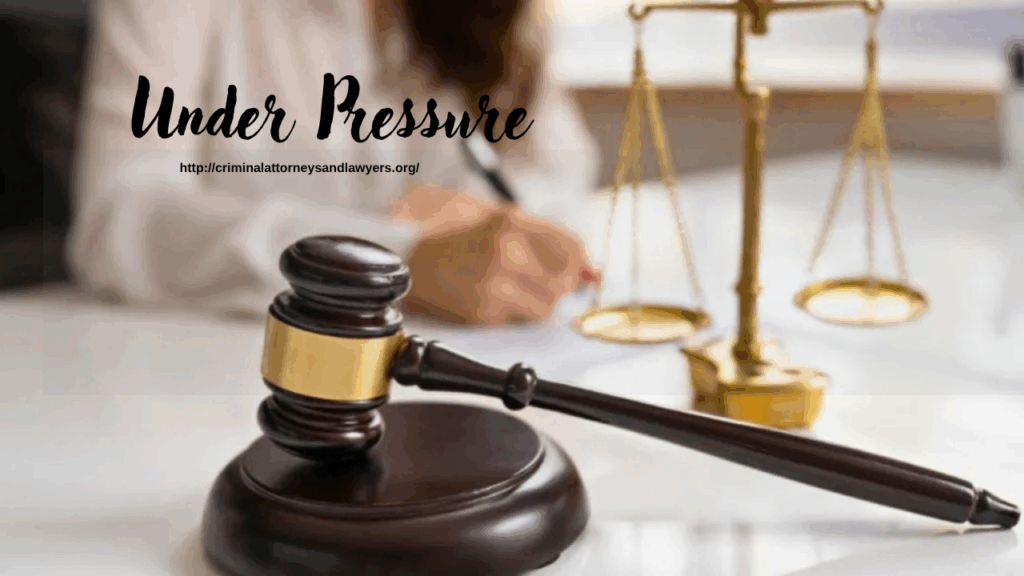
Attorneys often enter the legal profession with a strong commitment to justice and service. Yet many quickly realize that working closely with clients who have experienced trauma takes its own toll. This phenomenon, known as vicarious trauma, occurs when professionals absorb the emotional weight of their clients’ stories. Just as individuals struggling with addiction carry hidden pain, legal professionals may internalize distress from their cases without realizing the long-term impact. At CriminalAttorneysAndLawyers.org we understand how untreated trauma and stress can influence mental health, relationships, and even lead to unhealthy coping behaviors such as substance use.
Understanding Vicarious Trauma in Legal Practice
What Is Vicarious Trauma?
Vicarious trauma develops when exposure to another person’s suffering creates emotional and psychological strain. For attorneys, particularly those in criminal law, this may mean hearing stories of abuse, violence, addiction, or loss on a daily basis. Over time, these experiences can leave an imprint on the mind and body.
Symptoms Attorneys Should Recognize
Much like chronic stress, vicarious trauma can surface in subtle but powerful ways:
- Persistent fatigue or difficulty sleeping
- Heightened irritability or emotional numbness
- Intrusive thoughts related to clients’ experiences
- Increased reliance on alcohol or substances to cope
- Loss of motivation or diminished empathy
Recognizing these signs early is essential, both for attorneys’ well-being and for the quality of care they provide their clients.
The Connection Between Vicarious Trauma and Addiction
The overlap between secondary trauma and addiction is significant. When professionals do not have healthy coping tools, the temptation to numb emotional strain with substances increases. Just as clients in recovery often describe turning to drugs or alcohol to escape pain, attorneys may unconsciously do the same when facing emotional exhaustion. Left unaddressed, this cycle deepens stress and undermines both personal and professional life.
Pathways Toward Healing and Resilience
Building Emotional Boundaries
Attorneys can protect their mental health by setting firm emotional boundaries. This does not mean becoming detached but learning how to remain compassionate without carrying every client’s pain.
Seeking Support Systems
The same way clients benefit from group therapy or faith-based recovery programs, attorneys can benefit from peer groups, supervision, or confidential counseling. Having a safe space to process difficult cases prevents isolation and strengthens resilience.
Holistic Approaches to Wellness
At CriminalAttorneysAndLawyers.org we believe in treating the whole person. Practices such as mindfulness, exercise, spiritual guidance, and balanced nutrition are powerful tools for those recovering from addiction. These same practices also help professionals reduce stress, restore perspective, and reconnect with a sense of purpose.
Professional Care When Needed
Sometimes the burden of trauma requires more structured care. Just as clients benefit from inpatient or outpatient treatment, attorneys can explore therapy or wellness retreats to reset and heal. Taking time for mental health is not a sign of weakness but a necessary investment in long-term strength.
Lessons From Addiction Recovery That Apply to Attorneys
Addiction recovery teaches us that healing is not about avoiding pain but learning healthier ways to live with it. Attorneys can apply these lessons by:
- Practicing daily stress management techniques
- Engaging in supportive communities of peers or mentors
- Accepting help rather than shouldering everything alone
- Recognizing that mental health is just as vital as professional success
Conclusion
Vicarious trauma is real, and its effects ripple through the lives of many hardworking attorneys. Just as individuals facing addiction need compassion and personalized care, legal professionals also deserve support when the weight of their work becomes overwhelming. At CriminalAttorneysAndLawyers.org we are committed to helping people break cycles of stress, trauma, and unhealthy coping.
If you or someone you know is struggling with emotional strain, trauma, or addiction, do not wait until the burden becomes unbearable. Reach out today and take the first step toward balance, healing, and renewed strength.

 Finding Recovery Beyond the Courtroom
Finding Recovery Beyond the Courtroom